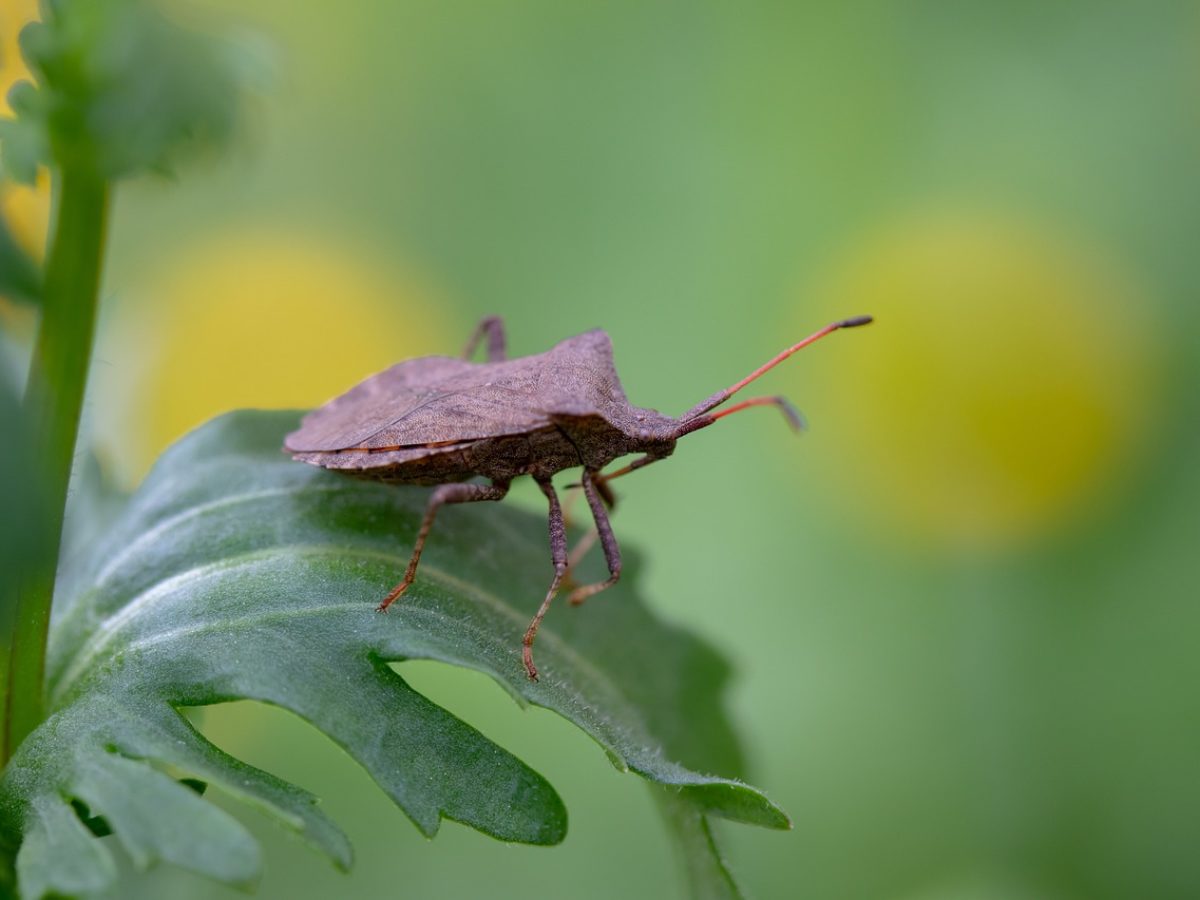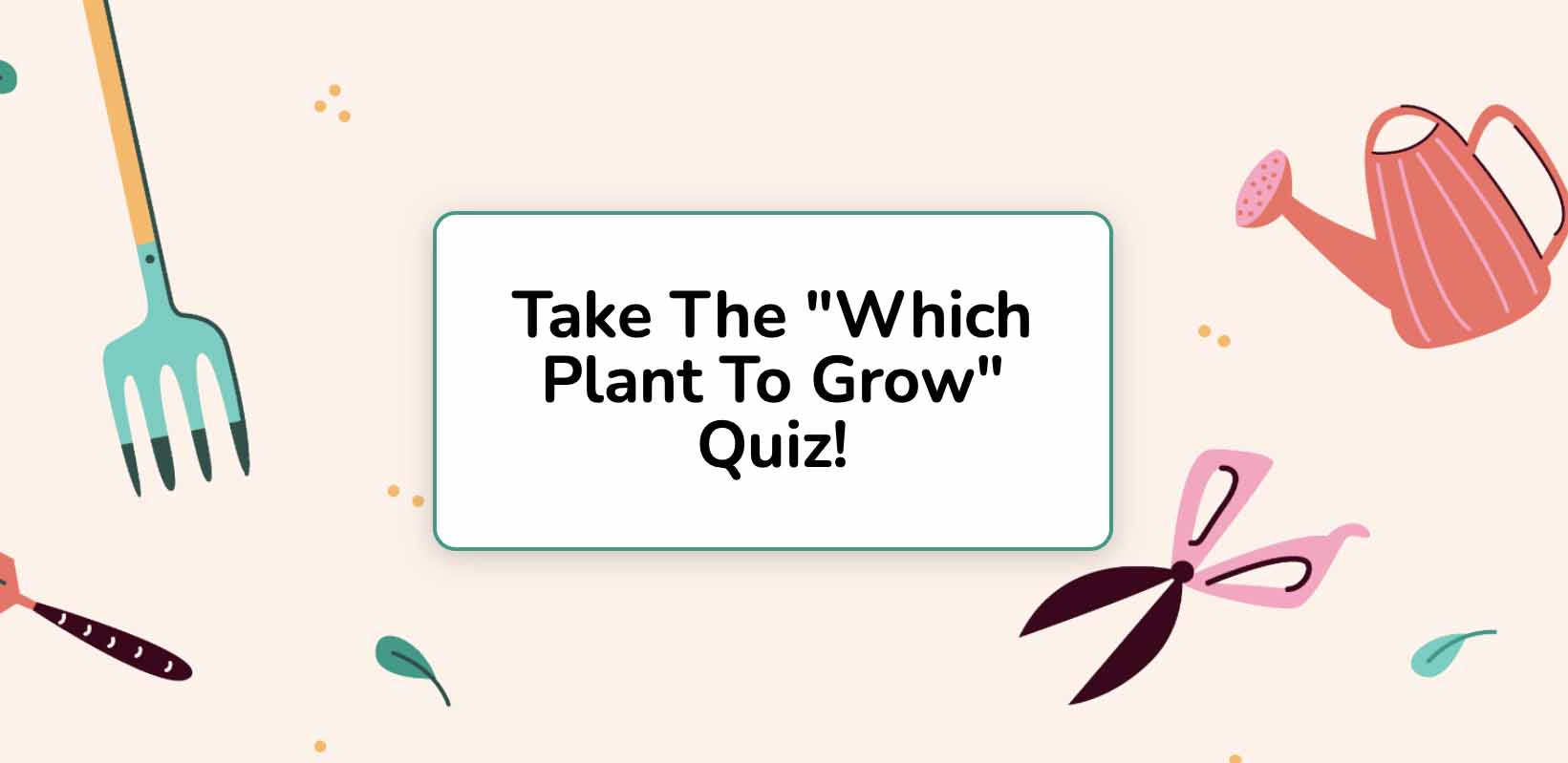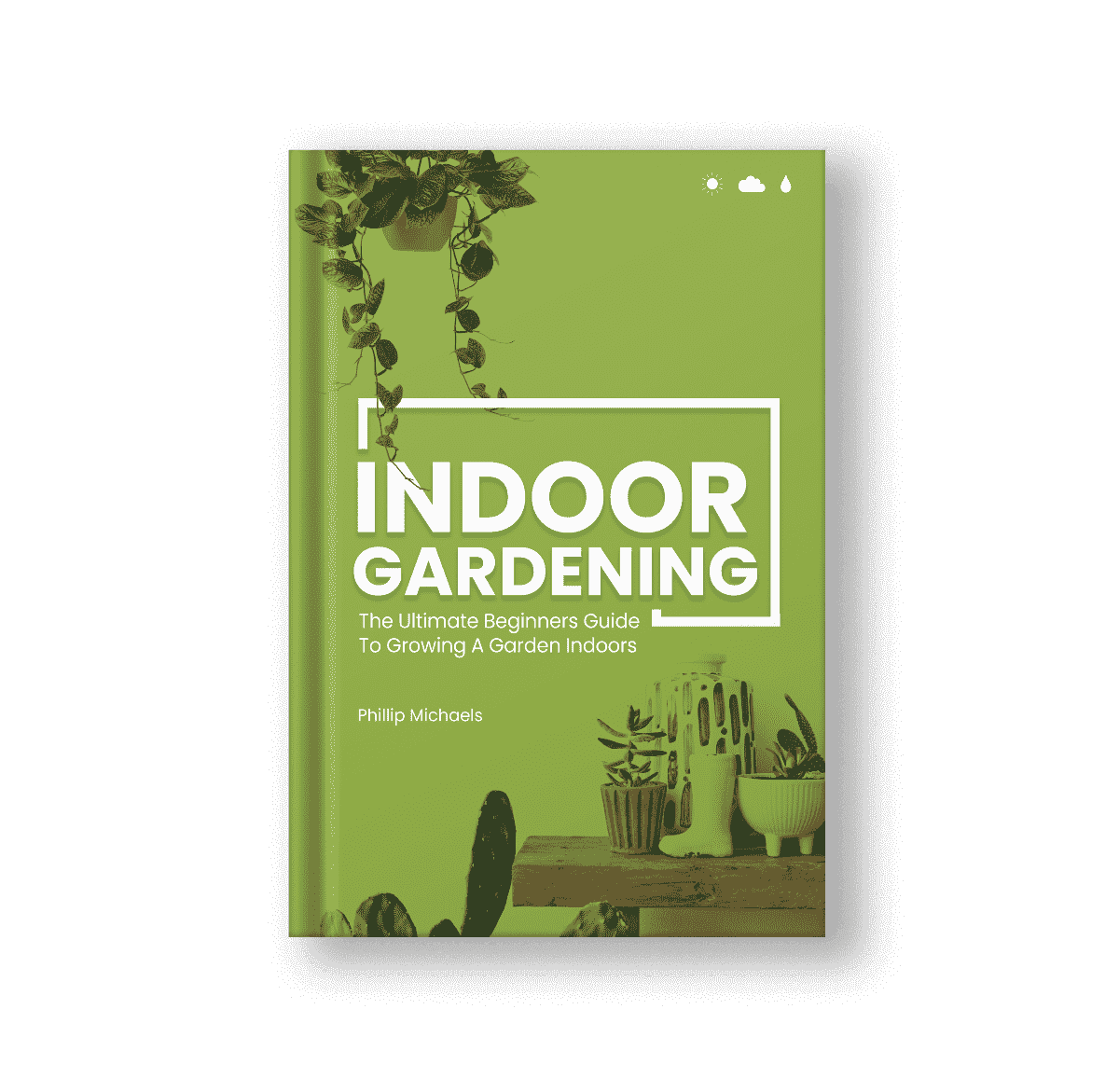Whether you’re growing your plants indoors or outdoors there’s no escaping pests and bugs. Dealing with these pests is the bane of many a gardener, and once some have taken hold it can be difficult to remove them. There are a ton of commercial products for this purpose, but many of them have harmful chemicals that can give gardeners pause. There are a lot of good reasons not to want to douse your home and garden in chemicals.
Luckily, there are options that don’t relay on harmful chemicals to control your pest problem. Today we’ll look at some of these alternatives; some environmentally friendly pest control solutions, most of which you can make with a few simple household items.
Soapy Water
One of my personal favorites, soapy water is a great way to deal with a ton of different types of bugs. The soap itself doesn’t hurt the plants, but will be lethal to a wide variety of smaller bugs. The downside of this though is can be difficult to get all of them. For a larger infestation, it might take multiple applications to fully deal with it.
To make it, simply add a few drops of dish soap to a bottle of water. Give this a good shake to stir up the soap. It’s a good idea to test this on a small area of the plant before applying it to the rest. This helps ensure that any ill effects are contained to a small part of the plant. Damage is rare though, in most cases you should be fine but it never hurts to err on the side of caution.
Neem Oil Spray
Neem oil is a natural pesticide made from the seeds of the neem tree. Turned into a spray, it’s great at getting right of pesky bugs. What’s more, it also works as a decent repellant meaning once you spray it you should hopefully have no bugs reappear for some time, and can be used preemptively to stop bugs before they become a problem. Some people will even spray it around their property to keep away pests like mosquitoes.
You can buy neem oil at most garden shops and some big box stores. It often comes as either a ready to use spray bottle, or as a concentrate that you mix yourself. A little tends to go a long way with neem oil, so you don’t have to go overboard when applying it.
Garlic
Not just for vampires anymore, bugs are also repelled by garlic. The strong scent that garlic produces is enough to keep many pests away. A small clove of garlic placed by your plants is enough to do it in most cases. You can also plant things like garlic chives, which naturally repel certain kinds of bugs as well.
For the best effect, you’ll want to gently crush your garlic glove. This helps release the scent, and this is what really helps to deter those bugs. Be careful though, too much garlic can also be a good deterrent for people as well.
Mint
Just like garlic, mint is also a natural repellant of certain types of pests. Planting mint is a good way to keep away bugs, but you can also blend it up with a bit of soapy water to create a spray. You can even combine garlic and mint into a single spray that’s very versatile.
Like garlic, gently crushing some mint leaves is a great way to release the scent and deter pests. Peppermint oil spray is a popular, natural bug spray that is commonly available and forgoes chemicals for natural ingredients.
Coffee Grounds
Used coffee grounds are not only a great fertilizer but can also be used as a natural repellant. Ants in particular do not like coffee grounds at all, but it also deters other pests. Give them a spread around your garden to keep bugs at bay.
Coffee grounds are also great at keeping away larger critters like squirrels that might see your garden as a tasty treat. The only downside is you will need to frequently re-apply grounds to the area as their scent and deterring properties will fade quickly.
Damp Cloth
This is an extremely simple tip that most people overlook. By simply taking a damp cloth you can carefully wipe off the leaves and remove any bugs. This works best for some of the larger variety of pests, and also before a large infestation has taken hold. If you can catch them early, it’s very easy to simply wipe them off the plants.
Note that this won’t prevent them from coming back, so make sure to keep an eye on your plants afterwards. It’s simple, but sometimes the best solutions are just that.
Introduce Beneficial Insects
Sometimes the way to deal with a bug is a bigger bug. Certain insects, like ladybugs, will actively eat smaller pests while being perfectly safe for most plants. This is a great way to both deal with bugs, but also keep your plants safe from future infestations.
Make sure to match the type of pest you’re dealing with to a beneficial insects that will solve your issue. Not all pests will be seen as a snack to every type of insect. You should also double check that your plants won’t be either.
Hot Pepper Spray
For something a bit more spicy, try a hot pepper spray. Simmer a gallon of water, a good pinch of cayenne pepper or red pepper flakes, and a couple drops of dish soap. This creates a spray that will naturally turn away pests due to the heat and strong scent of the peppers.
Nothing Working?
While there’s quite a bit of options above they might not work in all cases. If you have some pests that are stubborn and won’t yield to your efforts, then it might take a bit more of a targeted approach to get rid them. If you’re in this situation take some time to identify what type of pest you’re dealing with, and then check out our in depth guide on gardening pests and use the specific tips depending on the pest.







